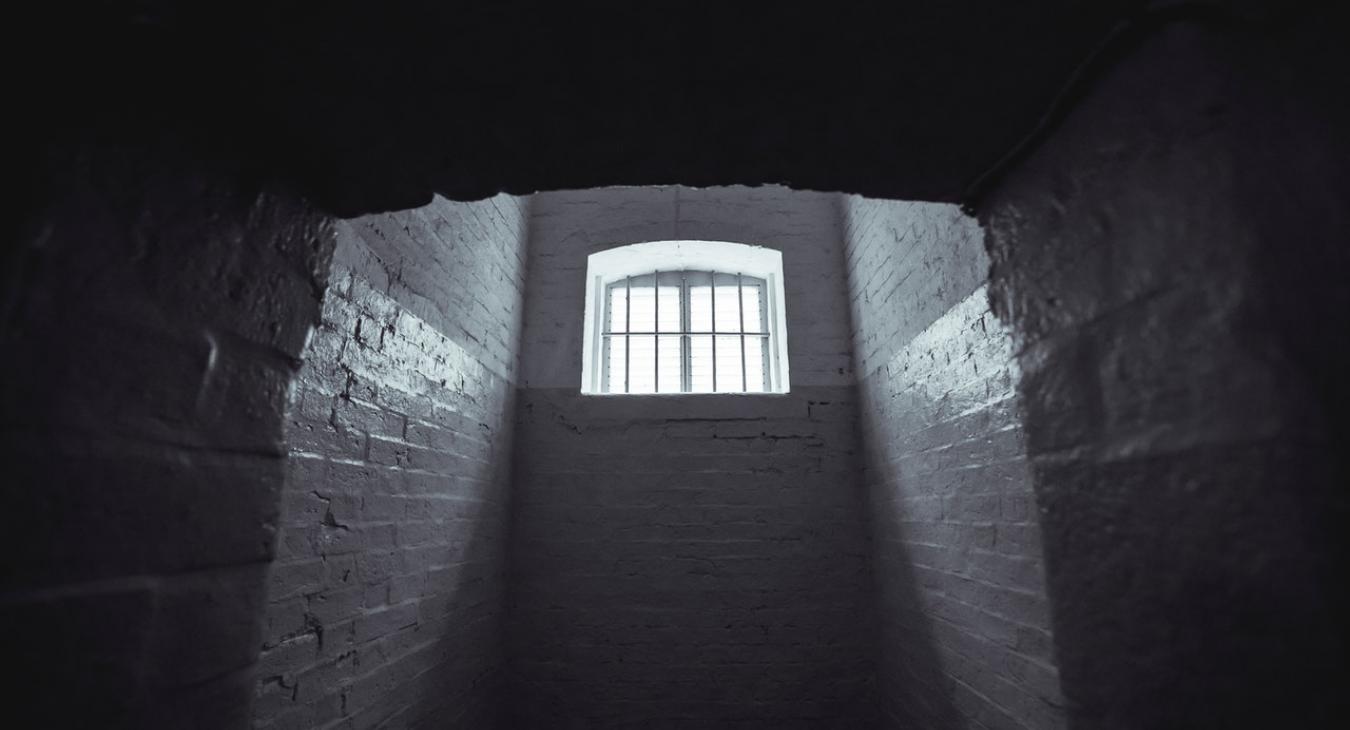The prison as a microcosm of society

The latest issue of HesaMag, the ETUI's biannual magazine on health and safety at work, focuses on working conditions behind bars. It is not an obvious topic for HesaMag, as it goes far beyond the medical aspects of occupational health. But the aim of each issue is to focus on occupations and sectors at the margins of society to show how a broader social solidarity can be beneficial for everybody.
The nineteenth issue of the magazine, "Working behind bars", was launched on 8 July in Brussels. The event was also an exhibition opening of photographs by French photographer Sadak Souici who, for this issue, visited the Melun detention centre in France where over a hundred prisoners work in a print and metal workshop.
HesaMag#19 explores, principally, the conditions of three groups that are working in this very singular context. The first group are the prisoners, for whom work is never guaranteed, and is often used as blackmail. The second group is the prison staff, who have multiple and contradictory tasks depending on the national context: either monitoring, punishing or providing support to prisoners for possible reintegration. And the third group are those from the outside world who come in to undertake health, social and educational tasks, among others.
The main message from all of the speakers was that there is a strong correlation between the working conditions of all three groups: the more inhumane the situation of the prisoners, the more the other groups see a deterioration in the quality of their working life. Laurent Vogel, senior researcher at the ETUI, quoted Anne Lécu, a Dominican nun who has been practicing medicine in the French prison system for the past 20 years, saying that the prison is like a magnified version of society: everything is disproportionately increased, including the relations of power and inequality.
Nadja Salson from the European Public Service Union (EPSU), who provided HesaMag with trade union contacts on the ground representing prison staff, added that the pieces in this issue underline the link between the quality of work and the quality of life of all those concerned. We need to stop building new prisons far from people's sight, and instead have smaller detention centres in the cities. "We know that this works," she said.
The article on Amazon.com by ETUI senior researcher Christelle Casse also deserved special attention and was briefly presented by the author at the end of the event. In it she describes the "crushing" management style of Amazon.com, in which workers are made to feel very welcome in the beginning of their career and start off with a lot of enthusiasm, but soon come to realise that the management does not really care about them and that hard work is not rewarded.
Photo Credit: Géraldine Hofmann

